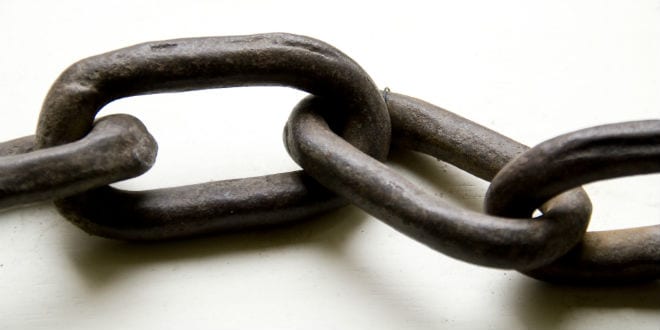The significance of the Yovel (Jubilee) year, the 50th year after seven repetitions of the seven-year shemittah cycle, holds vastly different meanings for Christians and for Jews. Today, in the absence of a fully-functioning supreme Jewish court, known as the Sanhedrin, the Jewish community in Israel neither marks nor observes the Jubilee year. According to Jewish tradition, the reestablishment of the Biblically-mandated Jubilee year is part of the messianic process.
In Judaism, it is a positive religious commandment “to sanctify the 50th year” (Leviticus 25:8). In actual practice, the Biblically-mandated requirement to observe the Jubilee year was disrupted when the 10 Tribes were exiled approximately 2,700 years ago. Prior to that time, the Jews were careful about counting the cycles leading to the Jubilee year. They observed all the Biblical requirements of the Jubilee year, including freeing slaves and returning property to its original owner.
A Jubilee year always follows a shemittah year and the agricultural laws of shemittah are observed in a Jubilee year. There is also a connection between the Jubilee year and the arrival of the Messiah.
Breaking Israel News previously reported a connection between the end of the current shemitah year and the arrival of the Messiah. It is possible to find Jewish scholarly opinions that claim the year 5776, the upcoming year in the Jewish calendar which begins at sundown on Sunday, September 13, 2015, is a Jubilee year. However, since the counting of Jubilee years has been disrupted, this opinion is far from universally acknowledged.
If it is a positive religious commandment with a clear Biblical source, what is the reason Jews do not currently mark the Jubilee year? According to rabbinic tradition, there are three conditions for the observance of the Jubilee year and none of them are completely fulfilled today.
First, the observance of the Jubilee year is dependent on the majority of the Jewish people living in the Land of Israel. Although demographers suggest that we are close, there is not currently a clear majority of the worldwide Jewish population living in Israel.
Second, the Jewish people must live in the Biblically-assigned portions of the Land of Israel according to their original tribe. Although the work of restoring the 10 Lost Tribes back into the body of the Jewish people continues as part of the Messianic process, all of the 10 Lost tribes have yet to be accounted for.
Third, there needs to be a fully-functionally Sanhedrin in Israel. Although there is a Sanhedrin in Israel, it is not universally accepted and does not have the full complement of 71 judges.
In the absence of the majority of the Jewish people living in the Land of Israel in their tribal lands under the leadership of a Sanhedrin, the Jubilee year has no practical significance in Jewish observance today. The universally accepted declaration of the next Jubilee year waits for the Messiah’s arrival.



